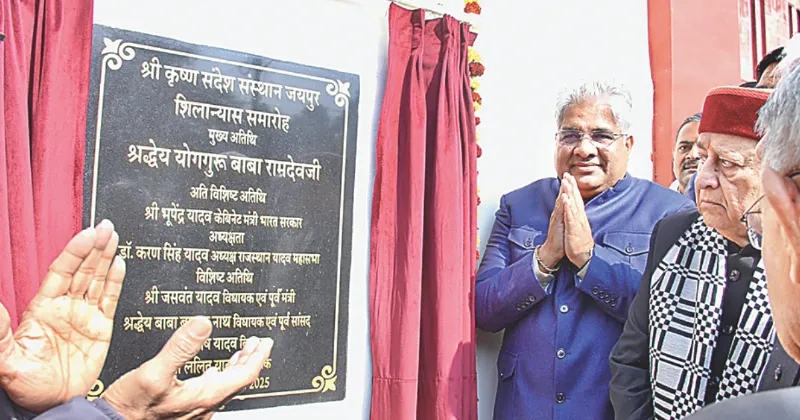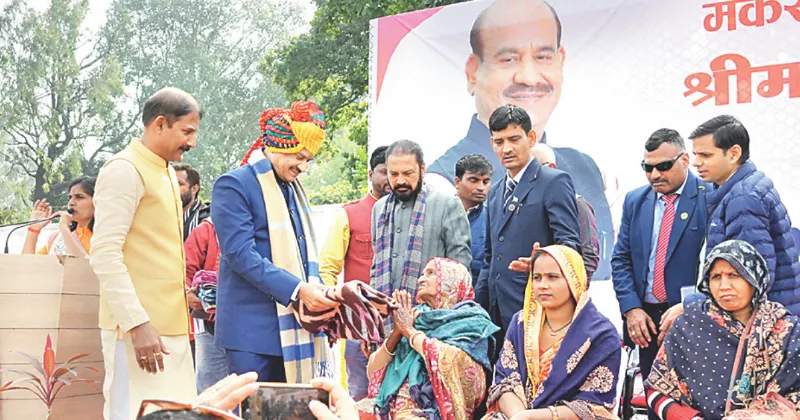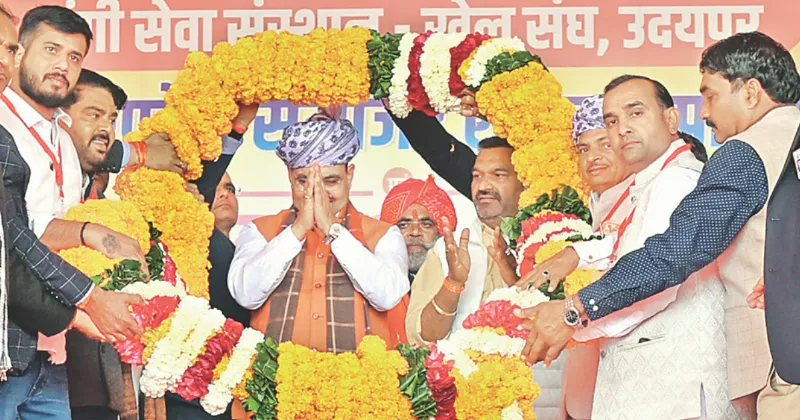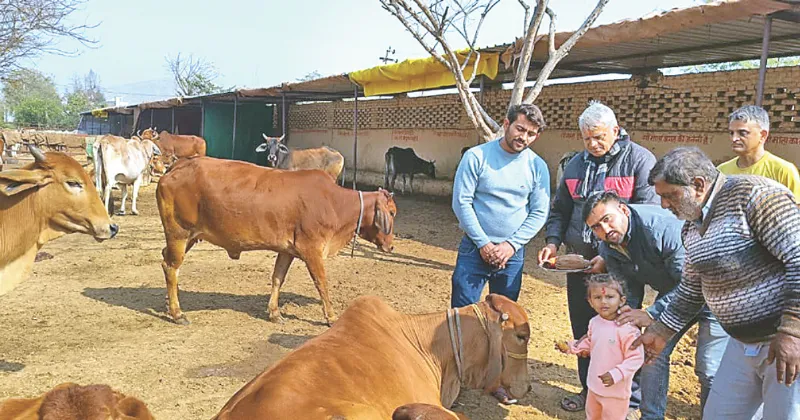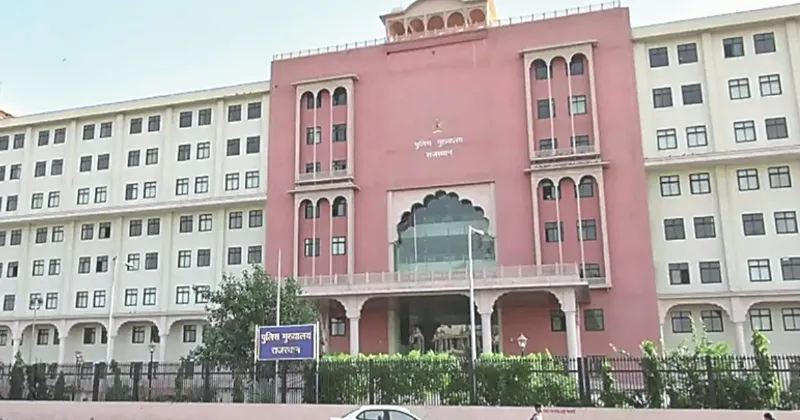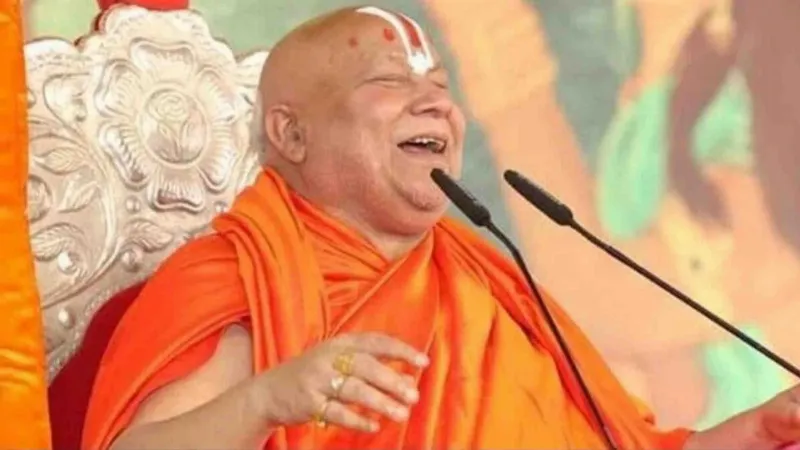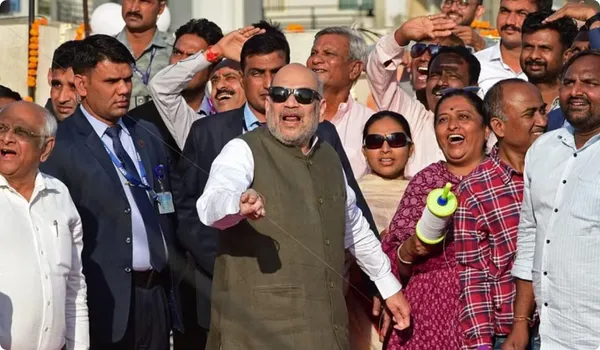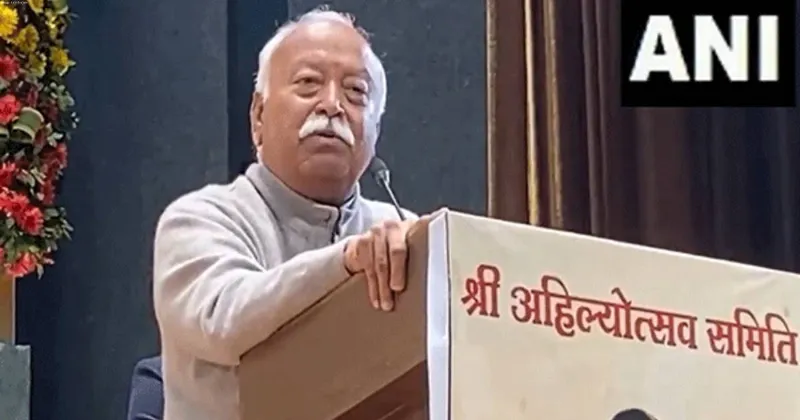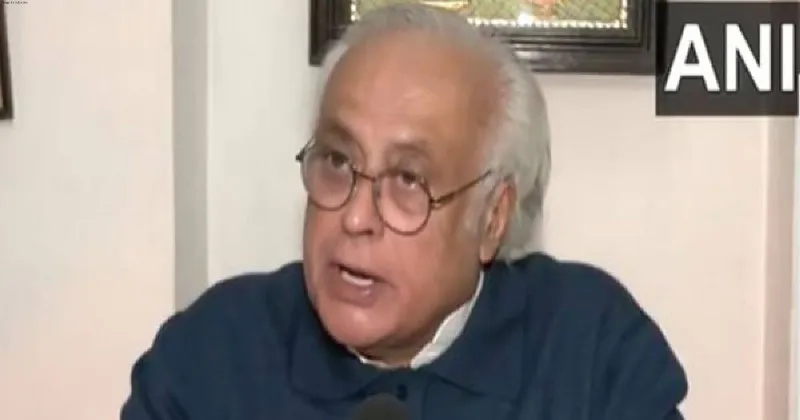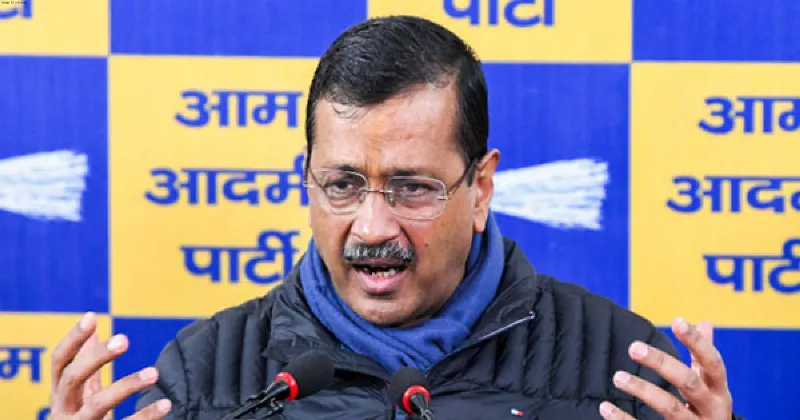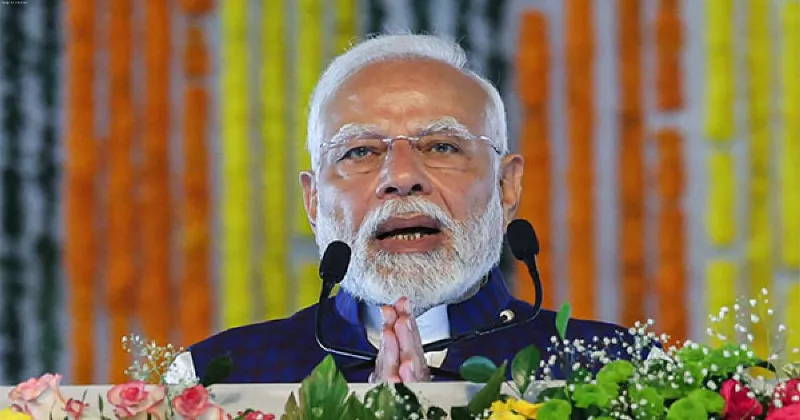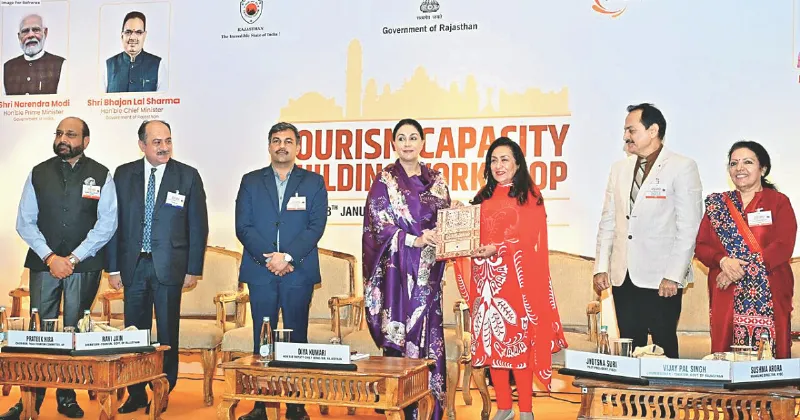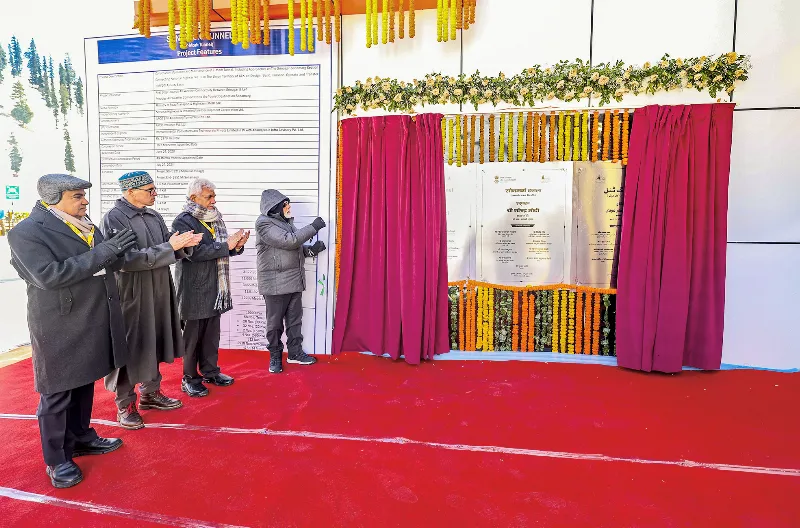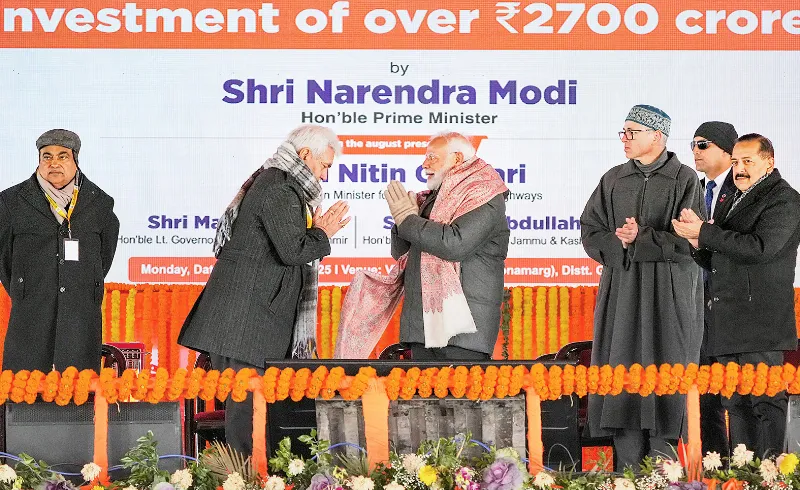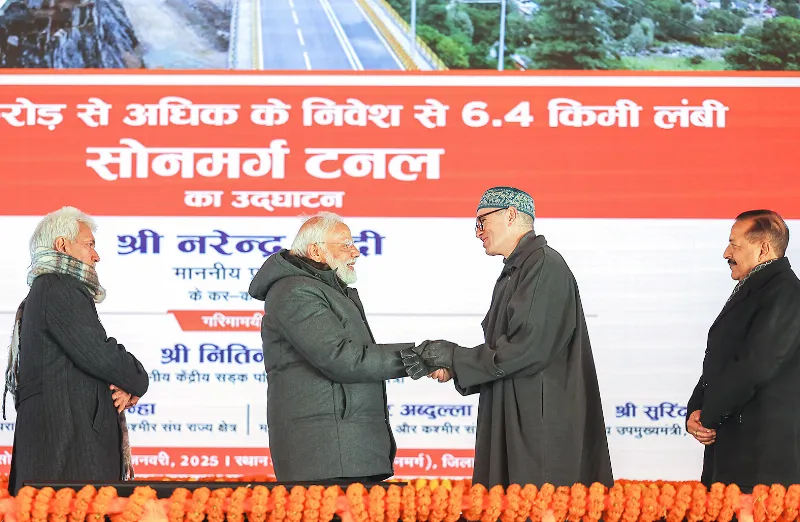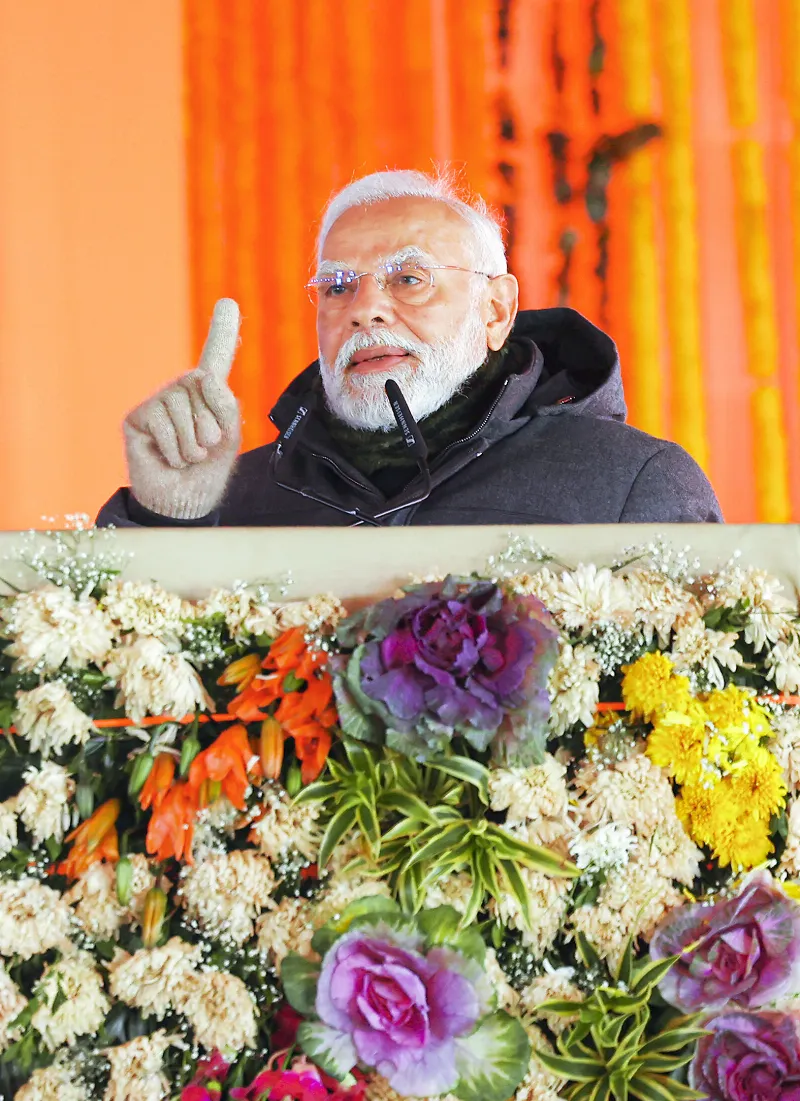New Delhi: Union Finance Minister Nirmala Sitharaman is expected to reply to the discussion on the Finance Bill in Lok Sabha later today. She is likely to speak at around 4 pm.
The Lok Sabha has begun discussion on the Finance Bill after the Appropriation Bill for the central government's expenditure for 2024-25 was passed by the House on Monday.
The passage of the Finance Bill by Parliament will complete the budget process.
Presenting the Union Budget for 2024-25, Union Finance Minister Nirmala Sitharaman on July 23 pegged the fiscal deficit target at 4.9 per cent of gross domestic product (GDP). The government intends to bring the fiscal deficit below 4.5 per cent of GDP by the financial year 2025-26. The difference between total revenue and total expenditure of the government is termed the fiscal deficit.
The central government kept the capital expenditure outlay at Rs 11.11 lakh crore for 2024-25, as was announced by Union Finance Minister Nirmala Sitharaman in her interim Budget, ahead of the General elections. A capital expenditure, or capex, is used to set up long-term physical or fixed assets. In 2024-25, it is an 11.11 per cent raise in capex.
One aspect that always garners much traction on the Budget is what got cheaper and what got costlier. Finance Minister Nirmala Sitharaman as part of her Budget presentation proposed a host of tweaks in basic customs duty (BCD) for various products or items that are critical for manufacturing. The reduction for many would bring down the cost of various commonly used items.
Post this Budget, imported gold, silver, leather goods, and seafood got cheaper, as duties were invariably lowered on them. A duty cut on gold would boost retail demand and help in curtailing smuggling in the world's second-biggest bullion market.
Also, she proposed to fully exempt customs duties on 25 critical minerals and reduce basic customs duty on two of them.
Explaining her rationale behind the indirect taxes tweak, Sitharaman said her proposals for customs duties intend to support domestic manufacturing, deepen local value addition, promote export competitiveness, and simplify taxation while keeping the interest of the general public and consumers surmount.
Also, in what comes as somewhat of a dampener for stock market investors, Finance Minister Nirmala Sitharaman as part of her Budget speech announced an increase in both long-term and short-term capital gains tax. As per definition, any profit or gain that arises from the sale of a 'capital asset' is a capital gain.
Sitharaman announced that short-term capital gains on "specified" financial assets will henceforth attract a tax rate of 20 per cent instead of 15 per cent. While all other financial assets and non-financial assets shall continue to attract the "applicable tax rate".
Long-term gains on all financial and non-financial assets will attract a tax rate of 12.5 per cent instead of 10.0 per cent.
On the positive side, for the benefit of the lower and middle-income classes, it was proposed to increase the limit of exemption of capital gains on certain listed financial assets from Rs 1 lakh to Rs 1.25 lakh per year.
Listed financial assets held for more than a year are classified as long-term, while unlisted financial assets and all non-financial assets will have to be held for at least two years to be classified as long-term.
Lately, the Finance Minister proposed an amendment in the Finance Bill to give big relief on capital gains tax in property transactions.
The proposed amendment implies that taxpayers on property transactions can avail either a lower tax of 12.5 per cent without indexation or a higher rate of 20 per cent with indexation, if the property is acquired before July 23, 2024, the day the union budget was presented in the Lok Sabha.
The taxpayers can compute taxes under both schemes and will have a choice to pay tax under the scheme in which it is lower.
July 23, 2024, is now set as the cut-off date for the calculation of the capital gains versus the earlier cut-off of 2001 that had caused a lot of concern and triggered a debate over its impact on long-time owners of property assets.
Further, to bolster the Indian start-up eco-system, boost the entrepreneurial spirit, and support innovation, Finance Minister Nirmala Sitharaman in her Budget speech proposed to abolish the so-called angel tax for all classes of investors.
This was a proposal from the industry for a long time, and this announcement will drive more investments toward startups in particular. Startups function as engines of economic growth, playing a crucial role in generating new jobs, ideas, products, and services.
As per definition, angel tax refers to the income tax levied by the government on funding raised by unlisted companies, or startups, if their valuation exceeds the company's fair market value.
On July 23, Sitharaman presented the Union Budget 2024 in Parliament, marking her seventh consecutive budget and eclipsing the late Moraji Desai's record of six consecutive budgets.
The interim budget, tabled on February 1, took care of the financial needs of the intervening period until a government was formed after the Lok Sabha polls, after which a full budget was to be presented by the new government.
The budget session of Parliament began on July 22 and, according to schedule, will end on August 12.
India is poised to remain the fastest-growing major economy in 2024-25, Chief Economic Adviser V Anantha Nageswaran said in a press conference after the tabling of the Economic Survey on July 22. The Economic Survey tabled conservatively projected India to grow at 6.5-7.0 percent in 2024-25.

Aries
Today brings opportunities for growth, but you'll need to stay focused. Trust your instincts to navigate challenges.

Pisces
Your intuition will guide you. Trust your feelings and explore creative outlets for peace of mind.

Aquarius
Innovation is your theme today. Explore unconventional ideas to solve lingering problems.
Capricorn
Hard work pays off today. Your dedication and discipline will lead to well-deserved recognition.

Sagittarius
Adventure is calling! Embrace new opportunities, but keep a balanced approach to risks.

Scorpio
Your determination will be unmatched. Dive deep into tasks, but don't forget to take breaks to recharge.

Libra
Harmony in relationships is your priority. Compromise and understanding will strengthen your bonds.

Virgo
Focus on organization and details. A well-planned day will lead to productive results and personal satisfaction.

Leo
Leadership will come naturally. Take charge of situations but remain humble for the best outcomes.

Cancer
Emotional balance is key today. Spend quality time with loved ones to find comfort and clarity.

Gemini
Today is perfect for networking and sharing ideas. Your adaptability will help you tackle unexpected changes with ease.

Taurus
Patience will be your strength today. Financial matters might need attention, so think twice before making big decisions.


.jpg)

